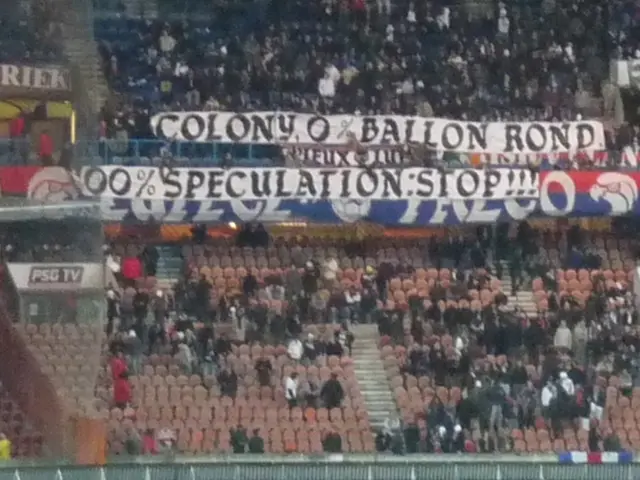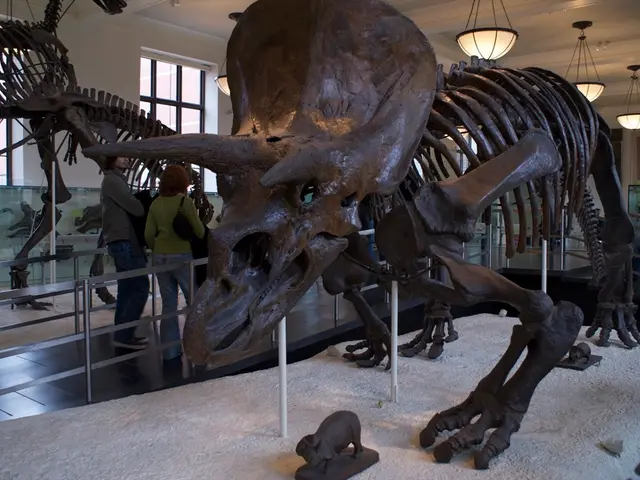EU Set to Decide on Customs Duties for Imported Chinese Electric Vehicles on October 4th
The European Union (EU) is set to vote on October 4 to impose tariffs on imported electric vehicles made in China, with proposed rates as high as 45%. The vote would pave the way for new duties as high as about 35% to kick in from November for five years, unless a qualified majority opposes the move.
The proposed tariffs come after a probe by the European Commission found that China unfairly subsidizes its EV industry. The EU's executive arm has stated that any solution to the tariff issue must be in line with World Trade Organization rules, address the impact of China's subsidies, and be something the EU can monitor for compliance.
Germany, a key player in the EU, has continued to press for a deal with Beijing. German Economy Minister Robert Habeck has expressed concern about the potential for a tariff war with China and is working to find a political solution. Spanish Prime Minister Pedro Sanchez has also spoken out against the proposed tariffs on imported electric vehicles from China.
Member states including Germany and Spain have warned against imposing the tariffs, stating that it could trigger a trade war. China has threatened retaliatory tariffs on European products such as dairy, brandy, pork, cars with large engines, if the EU imposes the tariffs.
The draft of the regulation for the proposed measures has been received by member states. However, the vote among member states was slightly delayed due to last-minute negotiations with Beijing to find a resolution that would avoid the new levies. The EU officials are confident about approving the tariffs but are wary about making predictions due to the ongoing negotiations.
Despite the proposed tariffs being on top of the existing 10% rate, the total trade volume between Europe and China last year was 739 billion euros. The EU and China are currently discussing a negotiated solution that would include a mechanism to control prices and volumes of exports instead of the tariffs.
China denies any unfair activity on its part. The details of the proposed tariff rates have not been disclosed, and the new date for the vote could still change, adding uncertainty to the situation. It remains to be seen how the negotiations will unfold and whether a deal can be reached to avoid the imposition of the tariffs.








